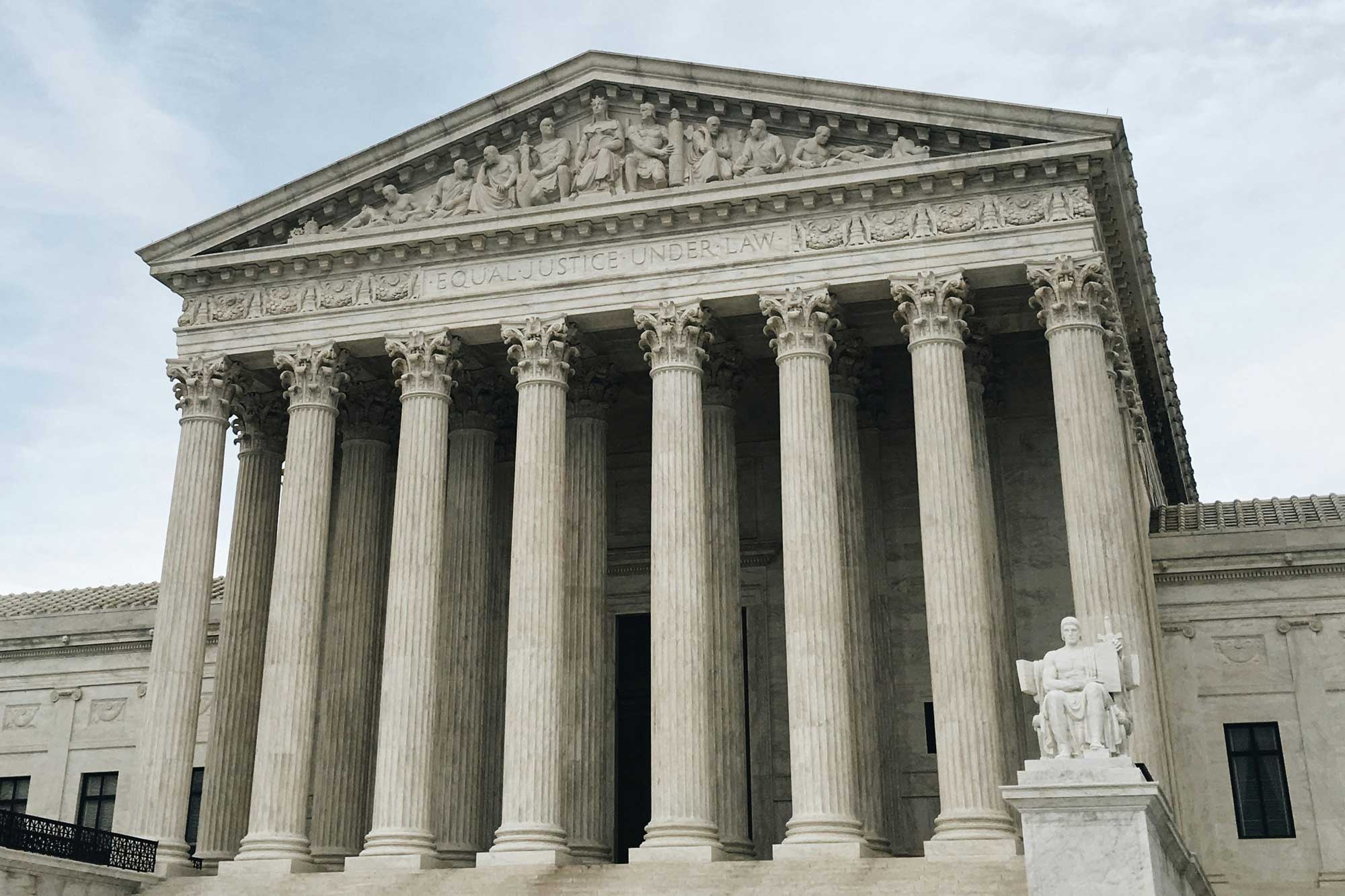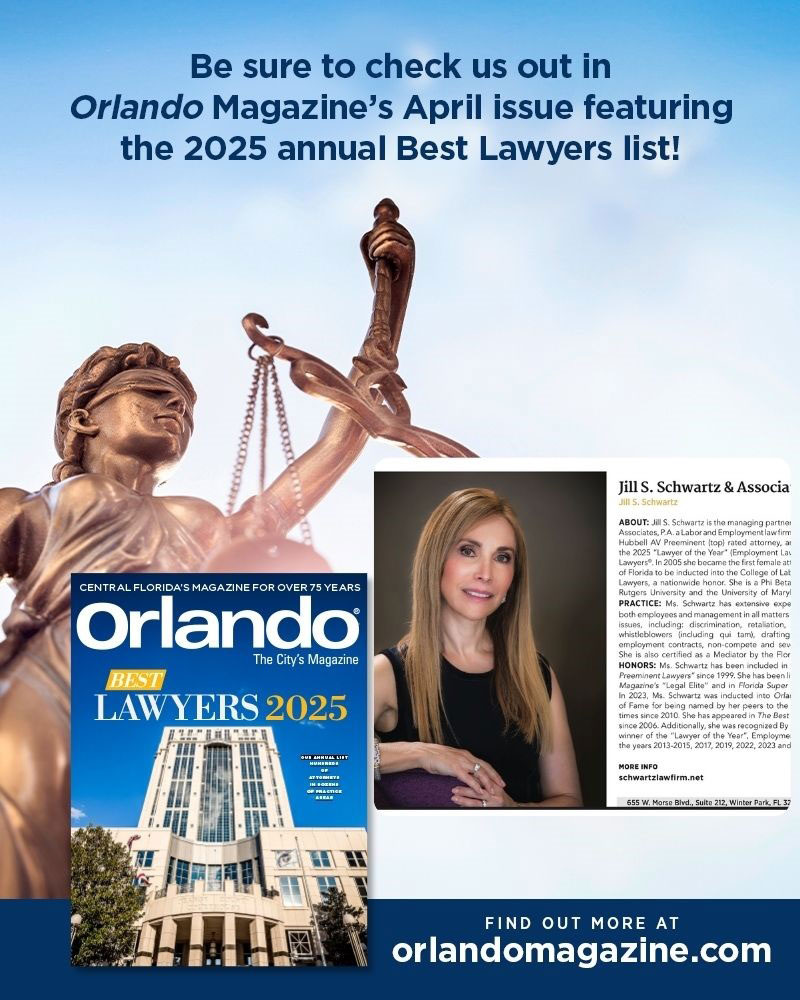Every now and then, we will have a company (or an employee) contact us and tell us that an employee has been involved in a car accident while performing duties for the company. The question we of course are asked is, “Are we on the hook for this?” The answer is possibly, under the theory of vicarious liability. Recently, Florida’s Fifth District Court of Appeal (“Fifth DCA”) addressed this issue and provided guidance on when an employer can be held liable in such circumstances.
In Kulzer v. Way & Greenleaf Trust, No. 5D23-0750 (Fla. 5th DCA Feb. 2, 2024), an employee of Greenleaf Trust got into a car accident while “running errands she said were related to her employment duties of inspecting and readying a condominium unit and its contents for sale.”[1] According to the record, “[a]fter completing two errands, Ms. Way grabbed a hamburger which she ate in the parking lot of McDonald’s. She was then heading back to the condominium for a business meeting when she negligently collided her car into the car driven by Appellant, Carol Ann Kulzer[.]”[2] Ms. Kulzer filed suit, claiming injuries and damages in her suit against Ms. Way and Greenleaf.[3] The trial court granted summary judgment in favor of Greenleaf, absolving it of any liability for Ms. Way’s negligence.[4] The trial court held that Ms. Way “was not within the course and scope of her employment at the time of the wreck based upon application of the coming and going rule.”[5] Ms. Kulzer appealed.[6]
The Fifth DCA began its analysis with an overview of the pertinent facts. Ms. Way ordinarily worked for Greenleaf in Kalamazoo, Michigan, but she was temporarily assigned to Ormond Beach, Florida.[7] On the day in question, “she traveled to the condominium in the morning, left the premises around noon, and was scheduled to attend a 2:00 p.m. work-related meeting at the condo.”[8] Around noon, Ms. Way traveled from the condo to a store where she purchased packing supplies; there was no dispute that this errand was within the course and scope of her employment.[9] Next, Ms. Way drove to an ABC Fine Wine & Spirits to purchase wine and hors d’oeuvres.[10] She next stopped at McDonald’s for lunch.[11] As she was driving back to the condo, Ms. Way crashed into Ms. Kulzer’s vehicle.[12] Ms. Way admitted fault for the accident, but Greenleaf denied that it was vicariously liable for her conduct, “claiming that Ms. Way was not within the course and scope of her employment at the time of the wreck.”[13]
As the Fifth DCA asserted, “[a]n employer is vicariously liable for the tortious conduct of its employee only if committed within the scope of employment.”[14] The court noted that the Third District Court set forth a widely accepted test of whether an employee, while driving, was within the scope of employment in the case Sussman v. Florida East Coast Properties, Inc., 557 So. 2d 74 (Fla. 3d DCA 1990).[15] There, the Third District Court stated that employer liability arises:
only if (1) the conduct is of the kind the employee is hired to perform, (2) the conduct occurs substantially within the time and space limits authorized or required by the work to be performed, and (3) the conduct is activated at least in part by a purpose to serve the master.[16]
Regarding the “coming and going” rule, the court noted that it applies in “situations where the employee’s wreck occurred as the employee was simply going to the workplace at the beginning of the workday or as she was coming home at the end of the normal workday.”[17] The rule has been codified as part of the workers’ compensation statute (section 440.092) and has been judicially adopted in tort cases.[18] The court noted that here, “the traditional coming and going rule was inapplicable.”[19] The court further noted that “[w]hen an employee is on a single-purpose, personal lunch break, away from the workplace, and not engaged in the employer’s business in any manner, the employee is not considered to be within the course and scope of employment for workers’ compensation purposes.”[20] In a 1935 Florida Supreme Court opinion, the court determined that the jury “should decide whether the employee’s lunch detour was merely a slight departure from work or an abandonment of the employer’s business, with vicarious liability attaching only for the former circumstances.”[21] Vicarious liability can be found if an accident occurs after an employee returns to her duties.[22]
In determining that the trial court erred, the Fifth DCA reviewed the factors set forth in Sussman.[23] As to the first factor, “Ms. Way running the errands was self-described as work-related, and at least one of the errands was indisputably conduct of the kind the employee was hired to perform.”[24] As to the second factor, “there was no undisputed evidence that the mid-day journey occurred substantially outside the time and space limits authorized or required by the work to be performed.”[25] Finally, as to the third element, the Fifth DCA held that “the evidence was undisputed that Ms. Way’s mid-day journey was motivated at least in part by a purpose to serve her employer, Greenleaf.”[26] Thus, the court reversed the trial court’s granting of summary judgment in favor of Greenleaf and remanded for further proceedings.[27]
It is imperative that employers be aware that there are circumstances where a company will be held liable for the conduct of its employees. As Kulzer demonstrates, the analysis can be complicated, and it is vital to seek guidance from experienced counsel. If you have any questions or concerns regarding this topic, or any topic related to labor and employment law, please contact us.
[1] Kulzer, at *1-2. The opinion can be found at the following link: https://5dca.flcourts.gov/content/download/1700274/opinion/Opinion_23-0750.pdf (last visited Mar. 1, 2024).
[2] Id., at *2. An appellant is the party who filed an appeal.
[3] Id.
[4] Id.
[5] Id.
[6] Id.
[7] Id.
[8] Id.
[9] Id.
[10] Id.
[11] Id.
[12] Id., at *3.
[13] Id.
[14] Id. (citation omitted).
[15] Id.
[16] Id. (quoting Sussman, 557 So. 2d at 76).
[17] Id.
[18] Id. at *3-4.
[19] Id. at *4.
[20] Id.
[21] Id. (citing W. Union Tel. Co. v. Michel, 163 So. 86, 87-88 (Fla. 1935)).
[22] Id.
[23] Id. at *5.
[24] Id.
[25] Id.
[26] Id.
[27] Id.
Photo by Clark Van Der Beken on Unsplash
















